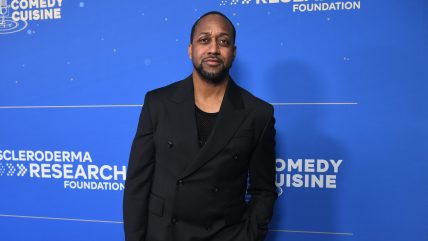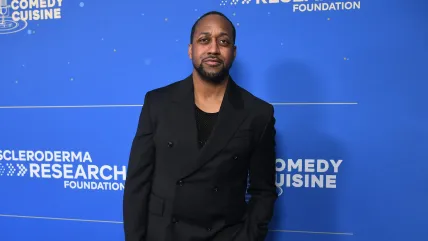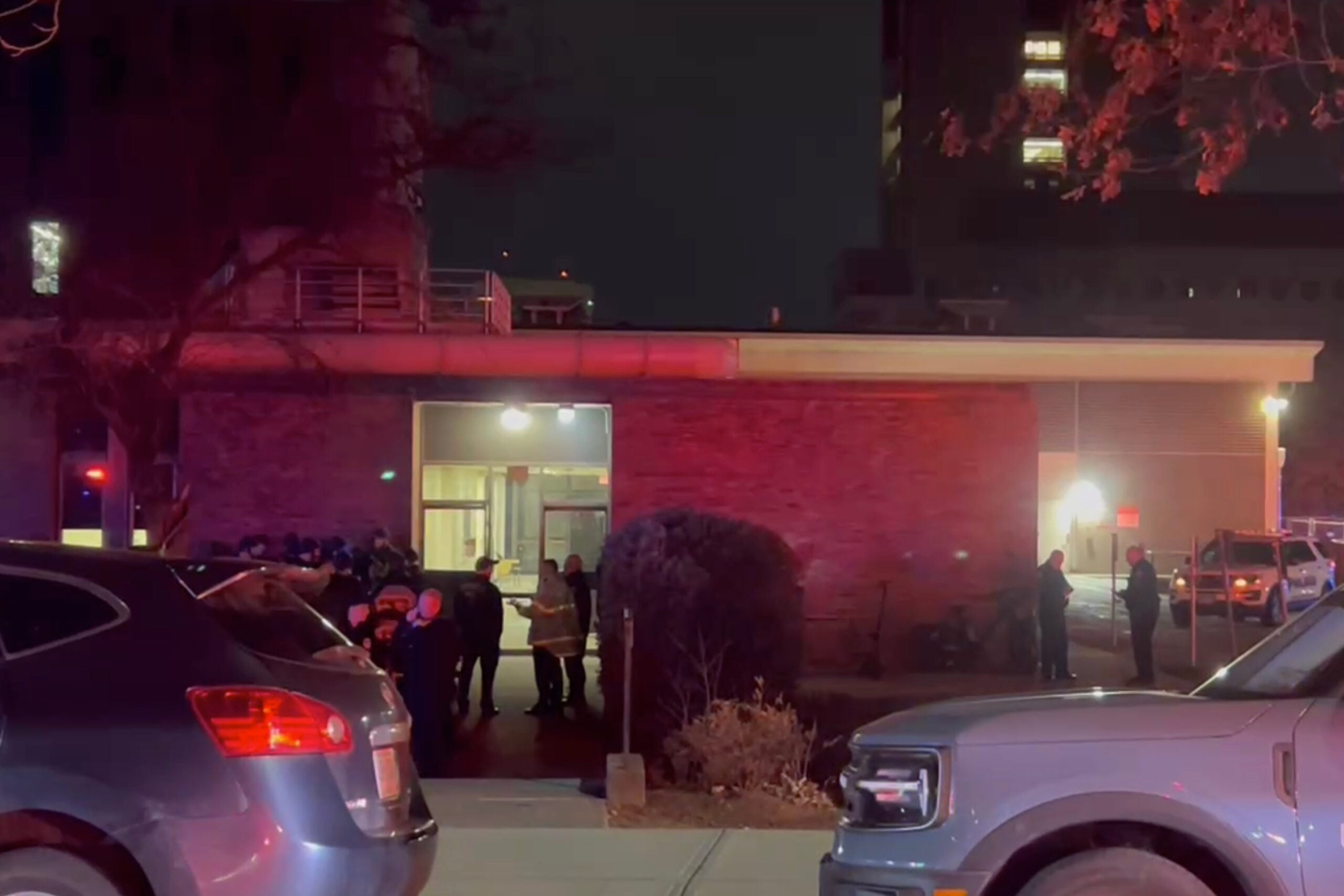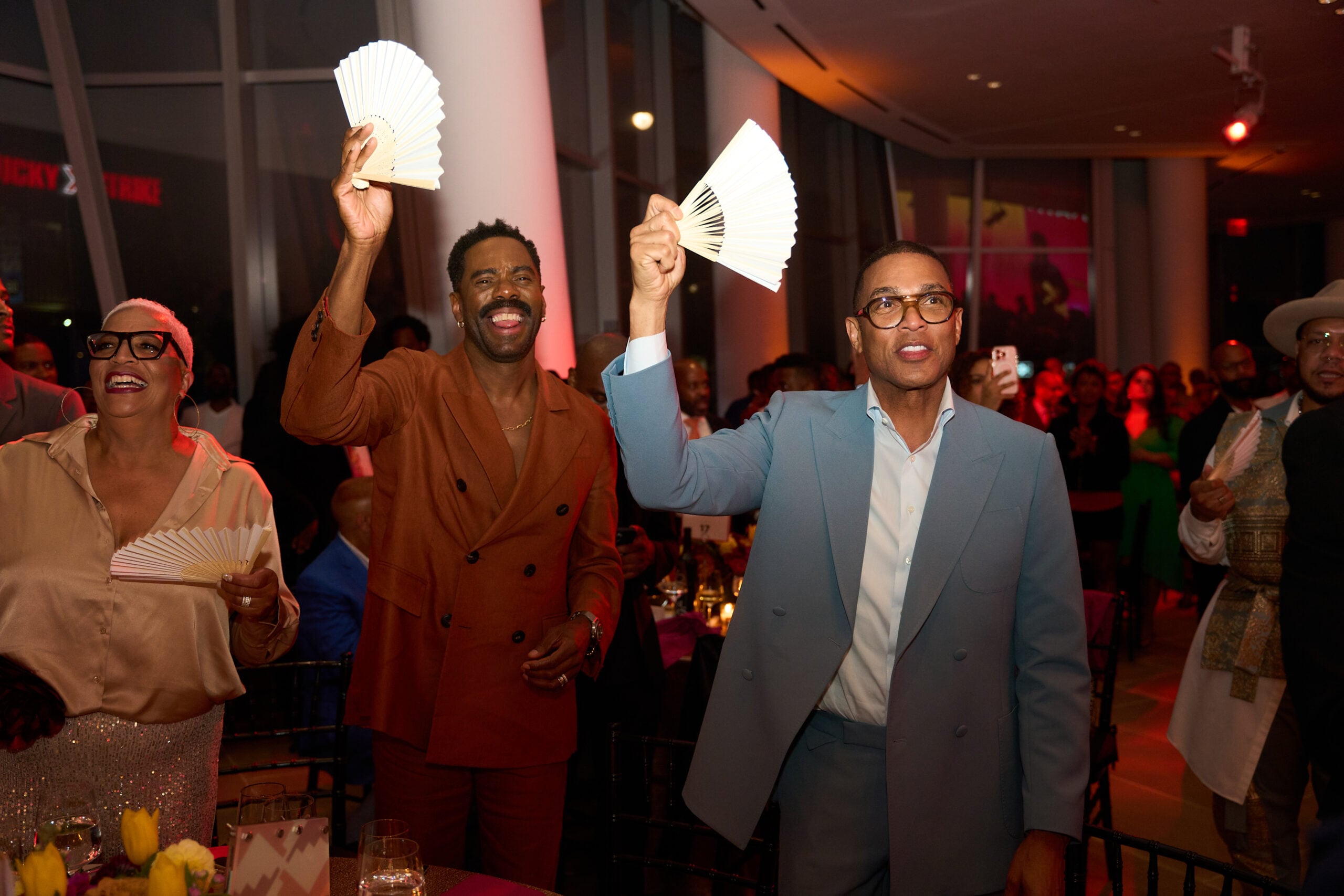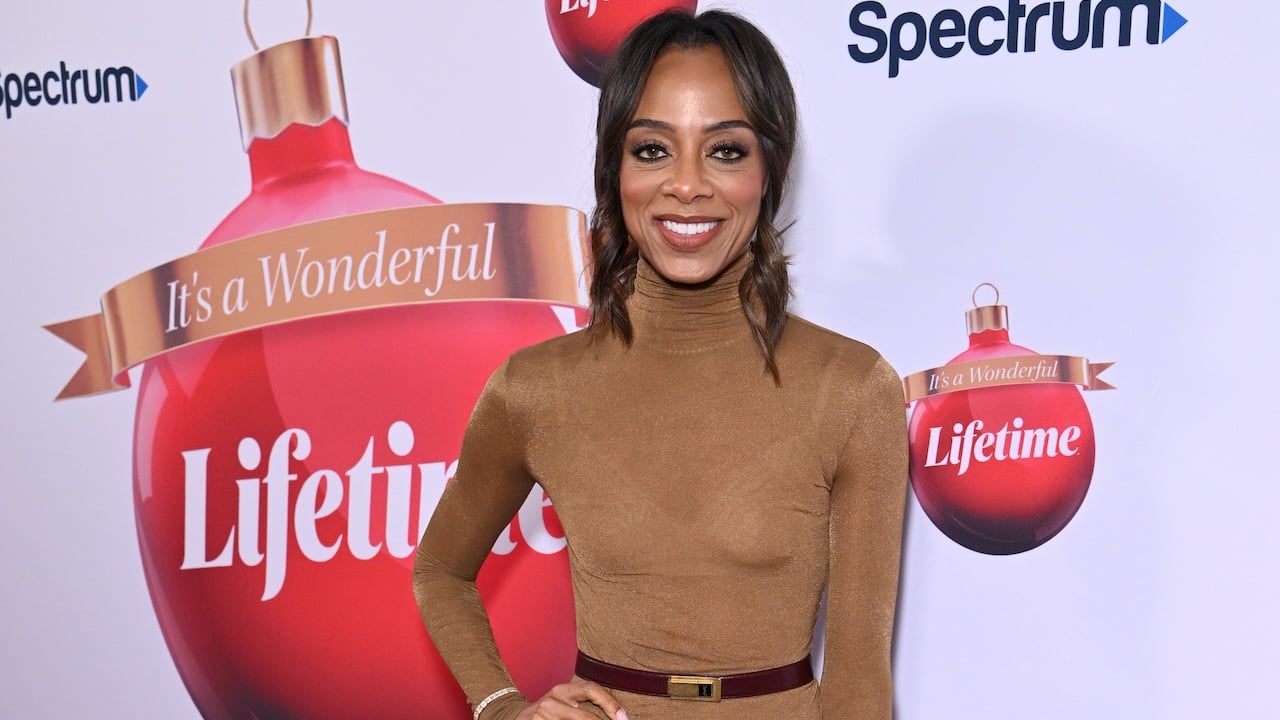Editor’s note: The following article is an op-ed, and the views expressed are the author’s own. Read more opinions on theGrio.
Jaleel White is currently making the press rounds for the recent release of his memoir, “Growing Up Urkel,” a book that I have read. On a recent stop at the Wilmington Library (in Delaware), White made some comments about Blackness, and his space in Blackness and how “Family Matters” fits in the pantheon of Black television shows.
Before we break those comments down so that they can forever be broken, I’d like to veer off into psychoanalysis territory. My psychology degree has not yet come in the mail but I’ve been assured by Everest College that it’s on the way so I feel comfortable speaking about this. I have some sympathy for Jaleel White. Not that he needs it, but I have long wondered what it must be like to have played a character on television — Steven Q. Urkel — that will always and forever be far more famous than who he is in real life. It’s one of the reasons I wanted to read his book. I’m sure because of the fame of Urkel, White had some pretty insane experiences (he did) but I would wager that most of that dried up as soon as “Family Matters” went off the air — a few seasons too late, mind you. He speaks pretty candidly about a lot of that while also seeming to be somewhat delusional about his own fame and celebrity, post show. It’s a fascinating read and I’m also not surprised by the comments he made about “Family Matters” versus a show like “Martin” or “Living Single.”
So what did White say at Wilmington Library that annoyed so many? I’m glad you asked.
[embedded content]
“Being a part of the ‘TGIF’ brand sometimes makes you feel like you don’t belong in the pantheon of Blackness. Blackness has been treated as a very monolithic experience in entertainment. ‘If it’s not a hood story, it’s not a Black story.’ And you know, sometimes I feel left out of that.”
“If there’s ever a poll, and they say what are your favorite black shows? Martin is in there, Living Single… I already know we’re coming in last. But if there’s ever a poll and it’s just your favorite family shows, suddenly we rank really high. So it’s kind of interesting in how we look at ourselves even as Black folks.”
There’s a lot to unpack here so let’s start at the beginning. The TGIF brand he’s speaking of was ABC’s Friday night lineup of various shows, but the shows I remember most were “Family Matters,” “Step by Step,” “Full House,” and “Perfect Strangers.” The shows were very family friendly and not edgy (save for special episodes). I loved that lineup, mind you. “Family Matters” was the show that featured a Black family and was a spin-off for the Harriet Winslow character from “Perfect Strangers.” It was a Black family show through and through because all of the characters were Black. Full stop. The problem is that the show just didn’t age well. I know this because I have watched several seasons of it with my kids and while it’s enjoyable, it’s also very, very safe.
I don’t think anybody speaking of best Black shows excludes “Family Matters” on the grounds of Blackness — the exclusion (such that it exists) is that the show started competing against more hip-hop connected shows like “The Fresh Prince of Bel Air,” that felt more intentionally authentic to the Black experience in America in the 1990s.
While other television shows started to take more risks with Black content, “Family Matters” maintained its formula — all societal problems can be solved by talking and everybody is going to hug as soon as the saxophone starts playing. That’s why there’s no way you’re watching Black television shows today and choosing “Family Matters” over “The Fresh Prince of Bel Air,” all problems can’t be solved with a good speech and there aren’t always saxophone solos to tell you things are going to be alright. You might watch “Family Matters” on reruns but that show, by White’s own admission in his book, jumped the shark in the 6th season and ended its run with 9 seasons. “Family Matters’” problem in the pantheon of Blackness (such that it exists) isn’t that other shows were more “hood” but that “Family Matters” felt like it was trying to be a safe show…for white audiences. To that end, I’d even be surprised if “Family Matters” ranked high on the list of family shows, regardless of color. But that’s just me.
Now let’s discuss the more ridiculous part of his statement. The idea that “Family Matters” doesn’t get love because if it’s not a “hood” story it’s not a “Black” story. That comment is so obtuse that I kind of think that White would like to take that one back. For starters, what makes a show a “hood” show? Is it proximity to crime? Drugs? The TV show “South Central” (which lasted for one season in 1994) was set in south central Los Angeles, but was at its core a family show. “Good Times” was set in Chicago’s Cabrini-Green housing projects and was about a poor family, but again it was about the Evans family. Does that qualify as hoodbecause of the location? I don’t know.
What White did was namecheck two shows that are emblematic of the 90s, “Martin” and “Living Single,” neither of which would ever be confused for hood shows. For one, everybody (even Tommy) was employed and living in nice apartments on both shows. Khadijah owned a magazine, Max was a lawyer, and Kyle was a finance guy on Wall Street. Both shows were about navigating relationships, jobs, family changes, etc. in your 20s, and the friends you do it with. They had Black casts because Black people live life in their 20s. I’m not sure if you could even remotely call them hood. And while he named only those two, there are MANY more shows from the 90s that would track better than “Family Matters” that weren’t “hood” at all.
It’s enough to make you wonder if Jaleel White has seen any of the television shows that actually center Black people.
The idea that White equates those Black stories with “hood” stories is baffling since, ya know…how? But to do so allows him to find a reason (or excuse) as to why people don’t really track “Family Matters” in their pantheon of great television shows, whether they be Black or family shows. If he believes that “hood” shows (again, what?!) are the only ones (Black) folks treat as authentic then that’s the reason why “Family Matters” doesn’t get its flowers. To him, it’s not that the show stayed in safe lane when every other show centering Black people cared about the Black experience, it’s that we all just don’t view “Family Matters” as truly Black and I’m here to tell you, Jaleel, that just isn’t true.
“Family Matters” was a show that was enjoyable and humorous to a point, and in the case of Jaleel White, made him (or his character, anyway) a symbol of the 90s. He’s famous and was able to write a book about his life when most people stopped paying attention to him before the millennium. But that’s about where it stops.
We all know it’s a Black show. It’s just that most of the Black shows that came during and after “Family Matters” were better and matter more. And that little nugget of truth which highlights that all things Black don’t move the culture in the same way, may be the realest— and hardest— one to swallow.
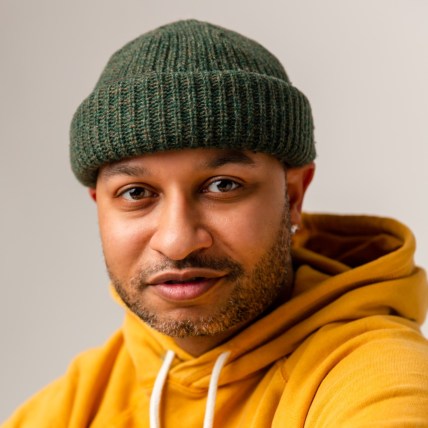
Panama Jackson is a columnist at theGrio and host of the award-winning podcast, “Dear Culture” on theGrio Black Podcast Network. He writes very Black things, drinks very brown liquors, and is pretty fly for a light guy. His biggest accomplishment to date coincides with his Blackest accomplishment to date in that he received a phone call from Oprah Winfrey after she read one of his pieces (biggest) but he didn’t answer the phone because the caller ID said “Unknown” (Blackest).


